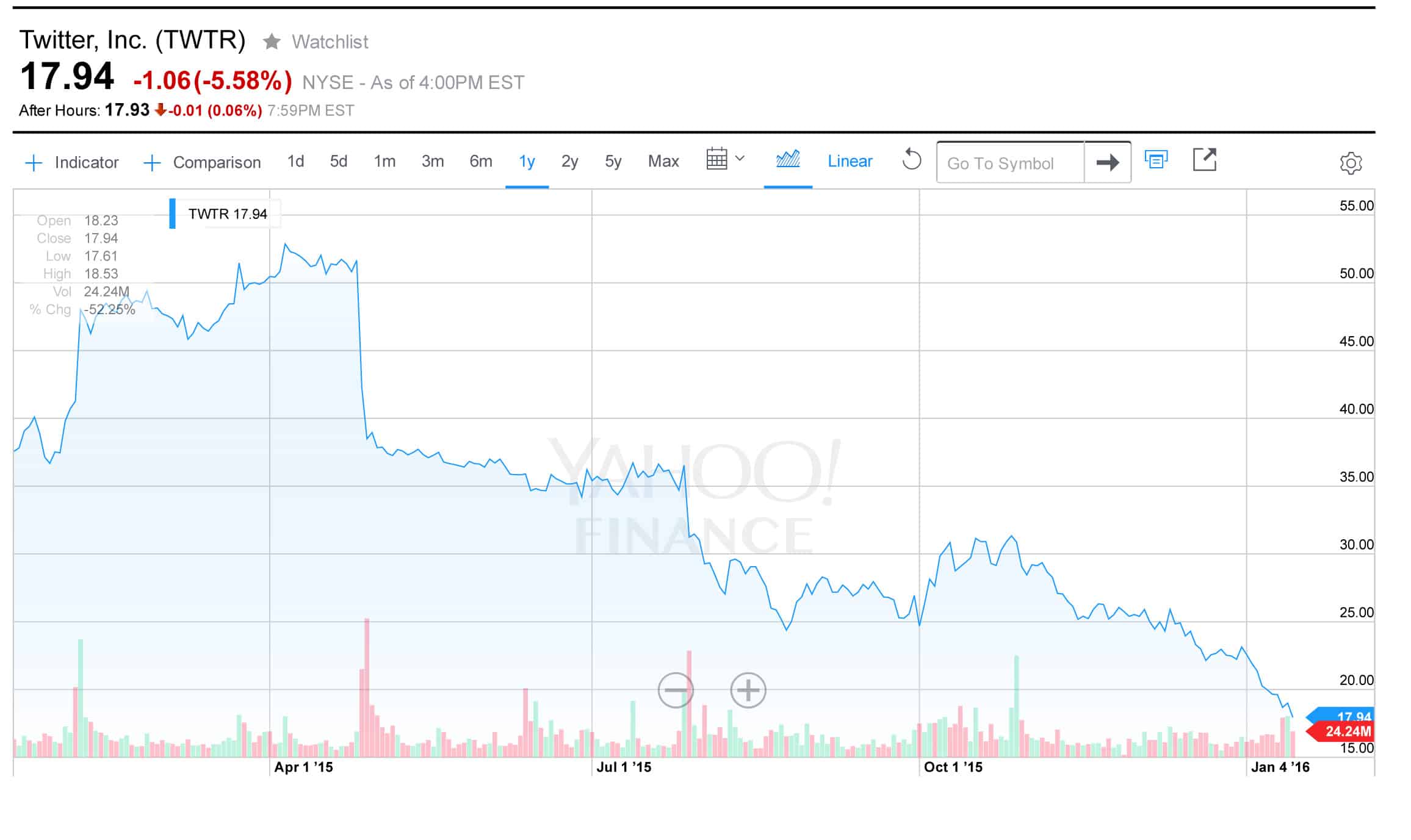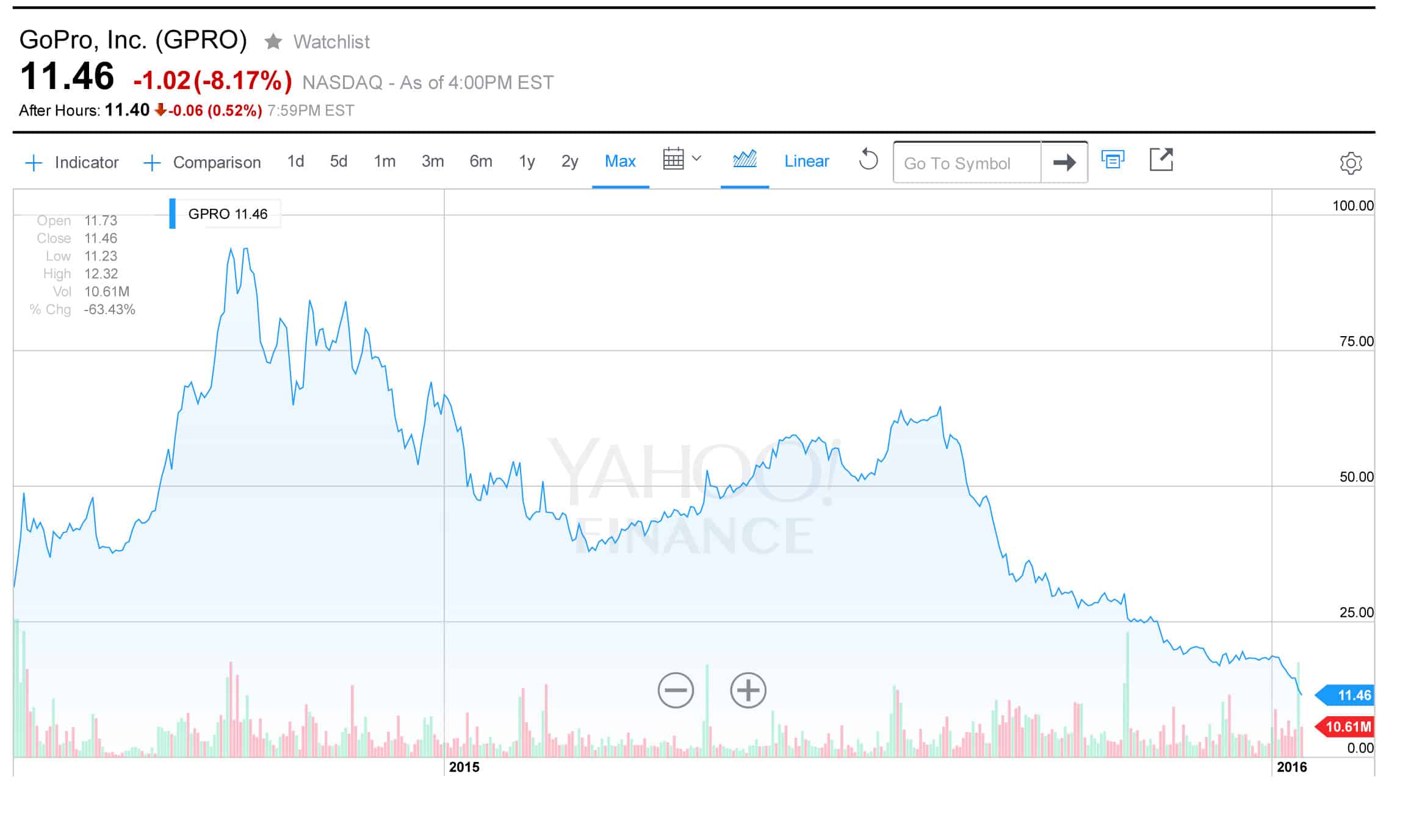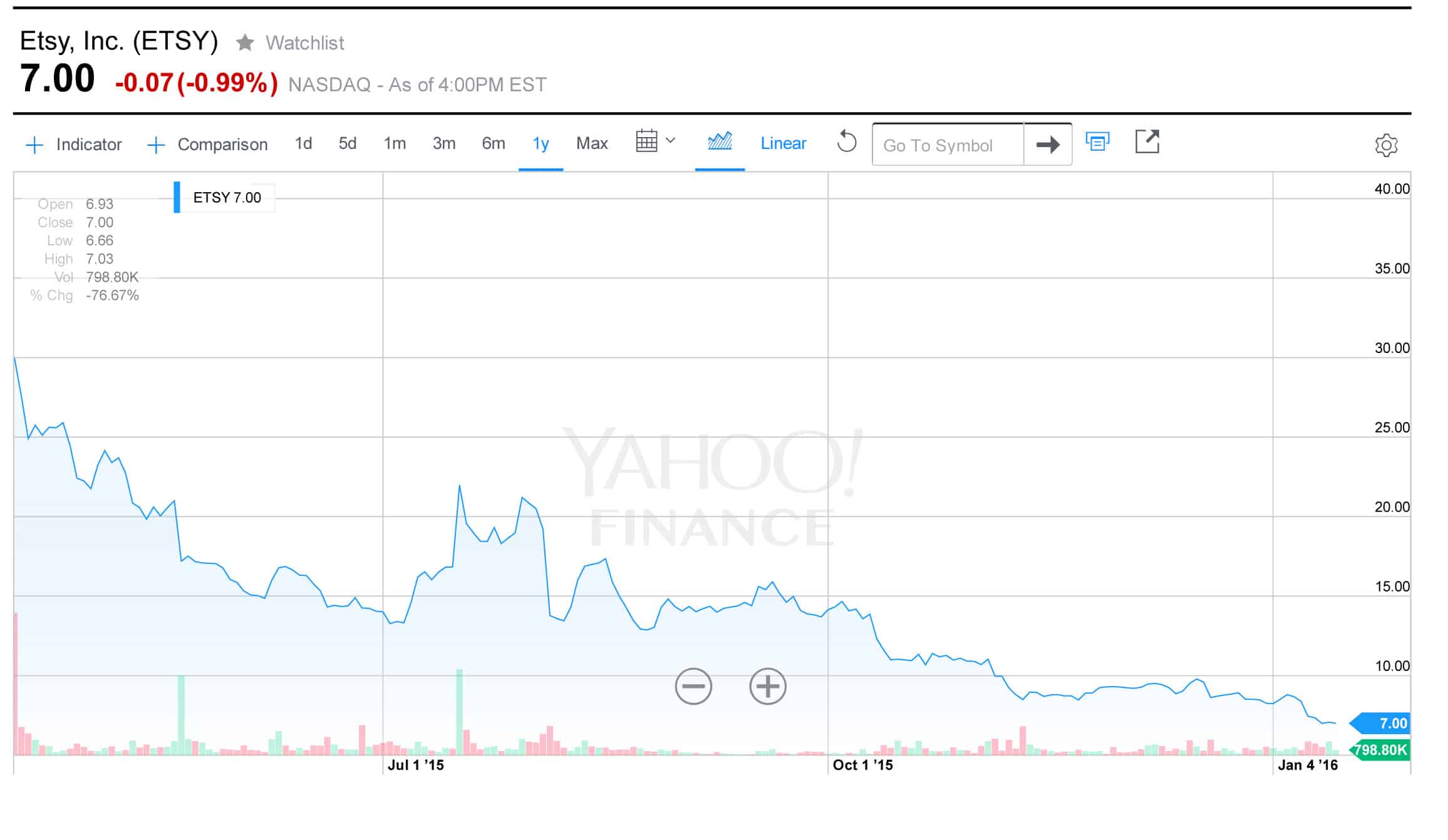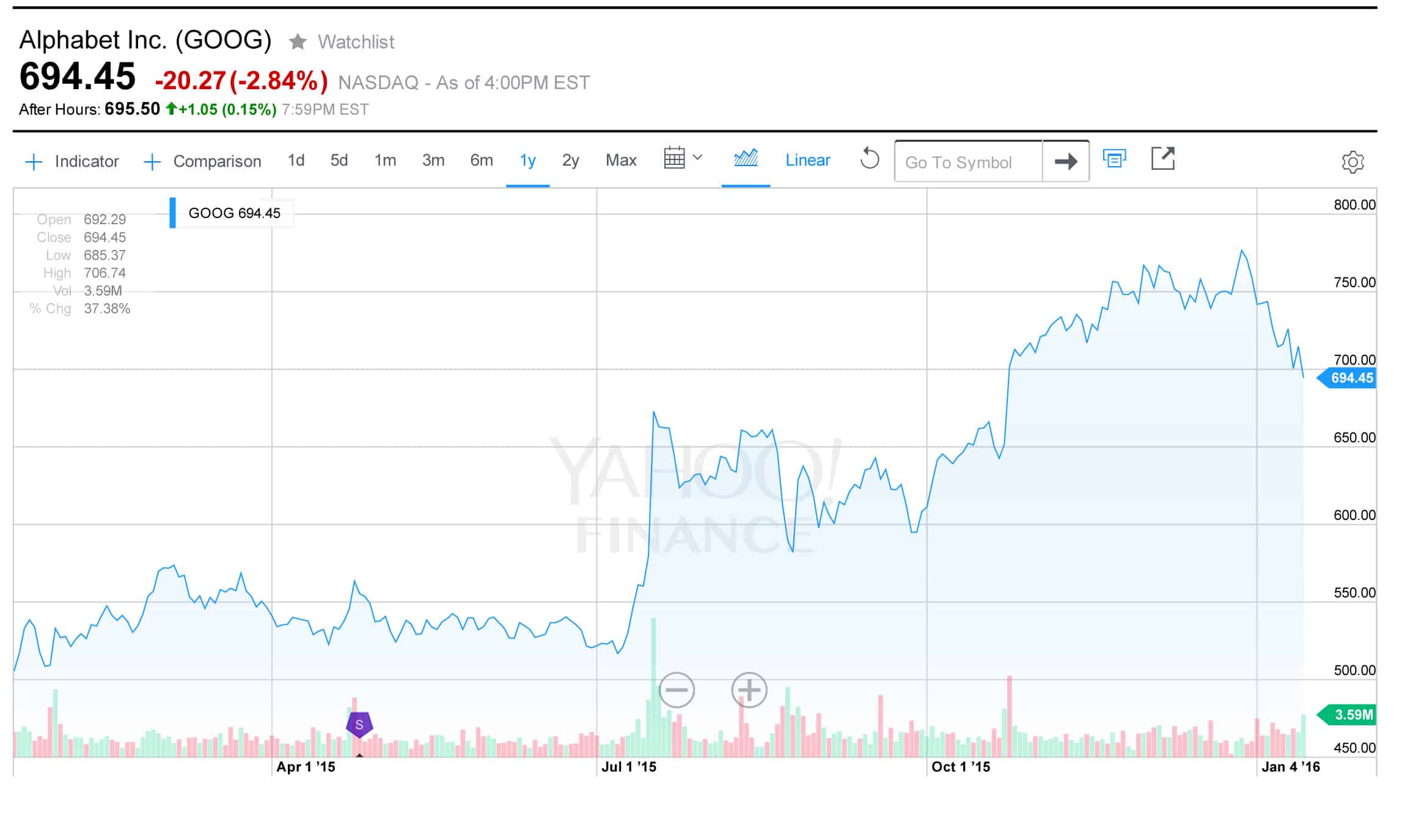Big Red Car here on a lovely Saturday morning (actually it’s drizzling). That time of the morning when the leaves in the driveway are scurrying to wherever leaves scurry to running in front of the morning breeze. I like to stretch and yawn and think.
Oh, shit, there is a tech wreck upon us and it is going to be ugly on an ape.
Slow down, Big Red Car, slow down, big fella. It can’t be that bad. Can it?
Two anecdotes don’t make either a trend or a database — haha, I like that sayeth the Big Red Car who is very easily amused.
Be careful and thoughtful when reading this because the Big Red Car is wildly guilty of confirmation bias — the cherry picking of facts which support his thesis while ignoring all facts that don’t. The Big Red Car will be doing a bit of that but the bottom line is this — “I’ve got a very bad feeling, Boss. A very bad feeling.”
Here’s the bottom line — it feels to the Big Red Car like the wheels are getting ready to come off and nobody is watching. The lug nuts on the tech sector seem to be a bit loose though there are a lot of other points of darkness.
Cliff notes:
1. Nobody is talking about the deficit any more. Last Republican debate — anybody say anything about deficits out to the next millenium?
2. The price of oil has now lost its virginity below $30/barrel and the next stop is going to be $20 and it may not stop there.
3. The tech darlings are getting hammered — oh, yes, forgot to mention so is the rest of the stock market, eh?
4. The chickens are coming home to roost and they are pissed off chickens.
Still, it’s only a feeling. But feelings can be prescient.
Tech darlings
Tech darlings which are public — Twitter, Etsy, GoPro — are getting hammered. [Note: Just using random stocks, anecdotal, which do not create a trend or a database.]
You may say they deserve to get hammered given the new yardstick they are being measured by. OK. Still, these deals are turning out to be brutal head fakes. First in the soup is Twitter, only because it is so damn popular.
As you can see, the wildly popular TWTR is not a great performer in bed. Ooops, meant on the stock market. It is still very sexy. Next in the soup is GoPro — love those sexy little cameras.
Next is Etsy.
In a display of fairness, let’s also include Amazon and Google though they are now the landed gentry and not ingenues. Still, let’s try to overwhelm that confirmation bias, no?
Please note that while Amazon has been a good ride for the year, at year end it has taken a shot to the nose. In this result, they are feeling the same inflection point?
Here is Google — haha, that’s Alphabet, Big Red Car. You’re not as hip as you think you are, tin bucket.
OK, same year end slide. So what?
Lending Club, LC, you avoided the soup.
Oil
In the general concern about the economy and how its mud splashes onto the stock market’s skirt, one is forced to take a look at oil. The Big Red Car thinks that the slide of oil is the tax cut the economy has been looking for at the pump.
It is nice for those of us who are enjoying $1.44/gallon gas in Austin. But it is going to throw a monkey wrench into the oil business — big alligator tears by the Big Red Car. Watch them.
This development is a net plus for the economy.
We spoke of oil before, right?
WTF — What The Frack? Oil Prices At 12 Year Low
Chickens coming home to roost?
American foreign policy is a disaster and to the extent that our economy is dependent upon global trade, this is not a good thing. You can make your own independent decision on whether the dip in oil prices is good or bad. Big Red Car thinks it is both.
The state of venture capital funded, pre-ipo companies is a concern. Valuations got out of control in 2015 and now everybody knows who farted. These companies are looking at lower valuations to be public than their last private values at the funding window. Not a huge concern but a real concern. Particularly as 2015 was not a good year for IPOs and many companies find themselves with no other exit strategy than tapping into a public pool of greater fools. Mean but true?
Final comment: The year 2015 looked like a great year for tech IPOs. At the beginning of the year, there were a list of “no miss” IPOs putting on their blush and touching up their makeup. At year end, Tech Crunch said: “Worst Year For Tech IPOs Since 2009”.
Read the article here but know that only 28 tech companies threw themselves into the IPO mosh pit, some hit the dancefloor quickly as noted above. That compares to 62 in 2014 and 48 in 2013.
So, we end where we began, “I got a bad feeling, y’all. A very bad feeling.”
Remember we are talking anecdotal musings and two data points don’t make either a trend or a database.
But, hey, what the Hell do I know really? I’m just a Big Red Car and I’ve got my antennae out. 






Two concerns in the market for me offset the fuel price stimulus conversation. first is that with Iran coming online as well as some big taps in South America we could have a global supply flow larger than we have seen in a long time. Well great for big 1947 red cars it will signal a long term struggle for the energy sector that resists short term leveraging. Big jobs losses in one of the best segments of our economy which will trickle down to the largest sector that is already showing poorly the consumer.
A trend in tech that you show is the bigger dives in value are also business models that rely on consumer ad spending at the lower or non-considered level. this is what goes first at the household level as home budgets tighten. Tech infrastructure is more the saving tech in my world!
‘
Interesting points. I think the first is baked into the prediction that oil goes to $20/barrel for some short period of time. Iran pumping more — 1,000,000 barrels daily — is one part of it but conservation methods are another. The global auto fleet is becoming very efficient and moreseo with each passing year.
Ironically, cheap gasoline will dampen this because the penalty for owning a gas guzzler will be diminished.
The high tech thing is a little more basic — a lot of tech companies are just not making money and the ones that are are being more strigently priced. AAPL is going down in my opinion and it will drag a few other high fliers with it and impact some others.
Keep writing.
BTW, I am a 1966 Impala, not a 1947. Hell, I’m old but not THAT old.
BRC
https://www.themusingsofthebigredcar.com
Yep Been driving my Hummer around the peoples republic of Boulder lately crushing the hopes of a carbon free world. 8 miles to a gallon is not easy above $2! But I think sub $2 is here for a while! Should be kicking the economy but isn’t!
I agree on AAPL as much as Tim Cook has tried to make a post Jobs company less dependent on the fashion fad electronics, It is not there yet and will suffer as more features equal less increase in value add to move up a model! Outside the Innovators Dilemma curve.
On tech not making money I agree that those living on a burn rate should be looking at exit plans or municipal living shelters. the tough part is this will cost investors dollars to become tax events rather than deliver any flywheel effect for the next wave of great ideas!
.
I like to road trip a 2002 Lexus SUV at 14 mpg to Steamboat and I thought I was bad. An 8 mpg Hummer in the PR of Boulder? I’m surprised you haven’t been strung up on a light pole.
The tech problem will be most obvious with the public companies. Some of them are really headed for the rocks.
VC originated tech valuations are headed south and that bubble? Pop!
BRC
https://www.themusingsofthebigredcar.com
The year 2000 NASDAQ tech bubble generated the comment, “Never be between a VC and the door when the lock up period is over.”. So, maybe we are seeing such a thing again now.
AFAIK, the big funding rounds of $100+ million in 2015 that resulted in valuations of $1+ billion were not on the usual VC terms and, instead, if the company did an IPO and there got a market capitalization of as low as $500 million, the last investor in the company could sell their shares on the public market and still come out with a gain. My guess is that the earlier, VC investors were losers.
So, AFAIK, these strange late funding rounds were from some big investors, usually not really VC investors, more like private equity or just some investors with several or many billions of dollars under management, looking for a fast return. So, invest maybe $200 million, have the media scream that the valuation for this startup was, say, $2+ billion, while the spectacular rise was still in the minds of the retail investors, rush to do an IPO, wait for the end of the lock up period, and rush to the door.
Why would the media so scream? Because the media is like pool of sharks and reptiles that just like fresh meat, to get eyeballs and, thus, ad revenue; good sense, integrity, accuracy in information, serving the interests of the reader, expect such things from sharks and reptiles? Shouldn’t.
Why would these large investors try such a trick? Because somehow doing an IPO has been very difficult so that Etsy, etc. looked like IPO candidates for years but had stayed private in effect too long. So, one way for an exit was this tricky big valuation, an IPO, liquidity, and sell out.
What about the drop in the stock market? Maybe investors believe that the Fed’s easy money is about over or soon will be seen to be about over.
For oil, the supply elasticity seems to be nearly none so that with one extra barrel of oil produced per day the price falls by half or some such.
My old guess was that it was all the extra oil the US burned in the Viet Nam war, say, flying B-52s from Guam to Viet Nam, that increased oil demand enough for OPEC to form. Before Viet Nam, the industrialized countries had the Mideast oil patches selling oil for not much more than the cost of pumping it, say, $0.25 a barrel or some such. Without Viet Nam, we could have continued drawing their oil at some such price. But, with dumb US energy policy, e.g., defacto US Secretary of Energy at Large Jane Fonda, we ended up paying $100+ a barrel. Bummer. Finally more efficient cars, more oil available from OPEC, and US fracking created one barrel a day too much instead of one barrel a day too little, and the price fell. How low can oil go? Maybe the Persian Gulf states can pump oil for as low as $1 a barrel. So, add in transportation, etc., and that’s about it. The oil ready to pump may be so high that for now prices need cover only the operating expense and not the exploration expense. Don’t expect a lot of $200 million floating oil rigs getting oil from five miles below the bottom of water two miles deep!
But did the fall in the oil stocks cause the other stocks to fall? Maybe: Maybe some investors thought that cheaper oil would result in higher profits by oil users, more expenditures for other than oil by consumers, high earnings, except for the oil stocks, on the stock market, and then higher interest rates and, thus, lower stock prices.
Maybe the investors were looking at stock price correlations, saw a lot of positive correlations, and concluded that if a big segment of the stock market, oil, went down, then just from the correlations everything else should go down also.
For Google, it seems to be doing fine with its ads on its search engine Web site. Their efforts to supply residential gigabit Internet access could be a big deal, say, in competition with the other ISPs.
For Amazon, they seem to be taking effective, giant steps toward the future with some of their own air freight and ocean freight, more warehouses, progress to same day delivery, a still better and more refined retail Web site, larger collection of items sold, their Prime service, their cloud efforts, etc. Amazon has done enough in infrastructure, arrangements with suppliers, warehousing, etc. that it is not easy or cheap to compete directly with them. Apparently now Wal-Mart is waking up and starting to try to compete. In principle Wal-Mart has enough of the infrastructure in place that they should be able to compete with Amazon, but Bezos is a smart cookie and not easy to compete with. Amazon seems to have their mouth wide open to bite off a huge chunk of all of retailing and all of enterprise computing.
In the cloud, can Microsoft compete with Amazon? They should be able to: Microsoft can continue to develop Windows, Windows Server, and related software, and there they should be able to have offerings superior to what the largely open source Linux world has.
But, IMHO broadly, computing and the Internet look like by far the best areas for growth.
.
Disagreeing with you not one bit. Well played!
BRC
https://www.themusingsofthebigredcar.com